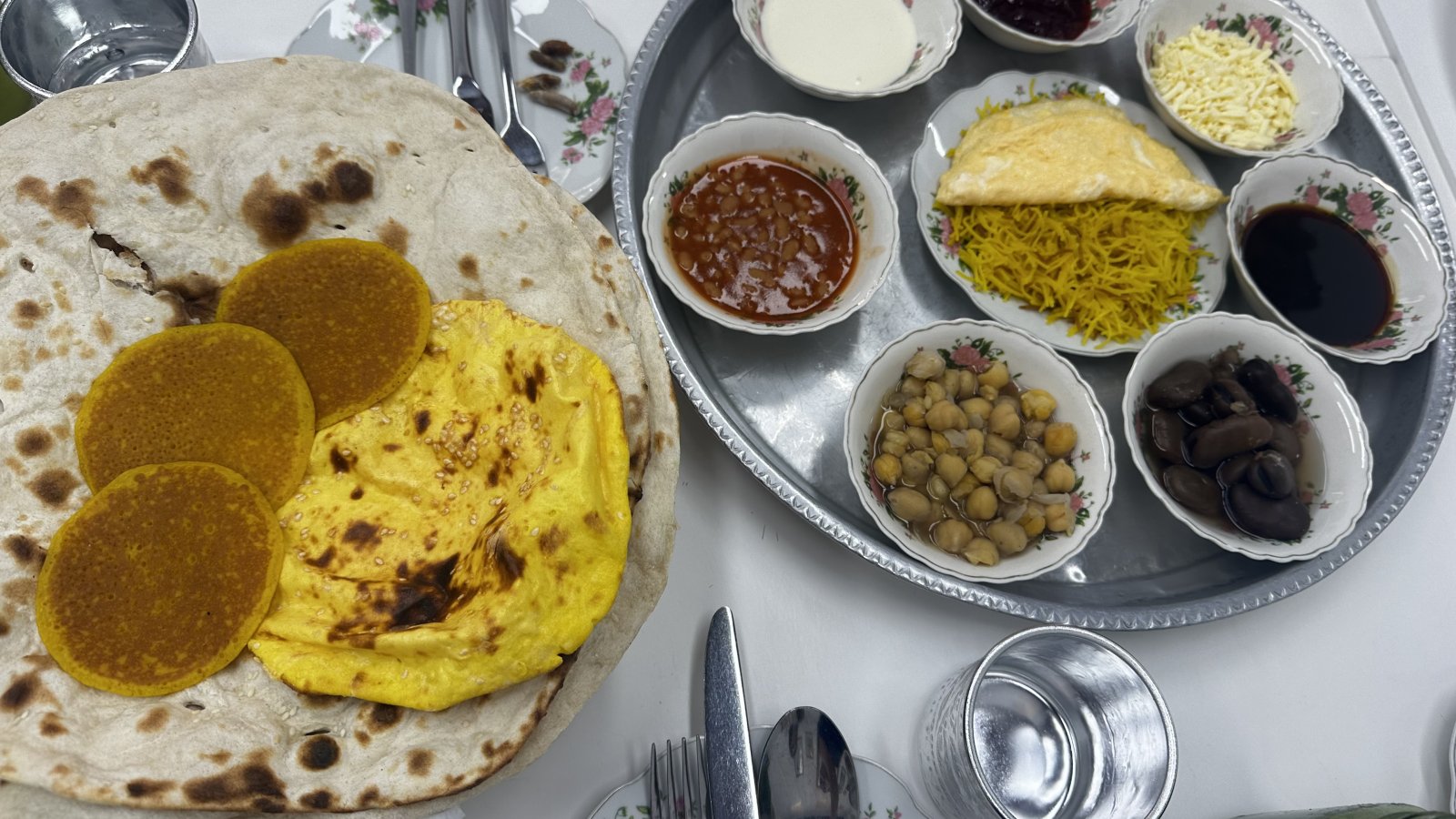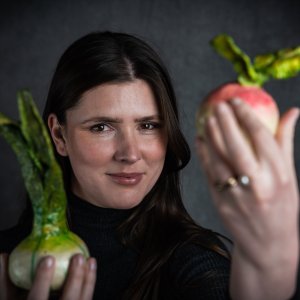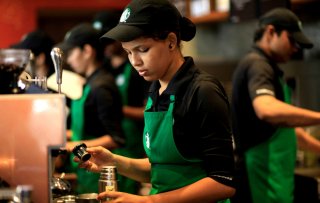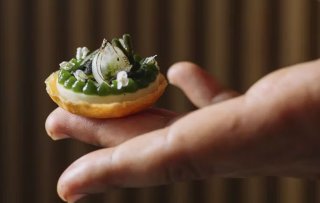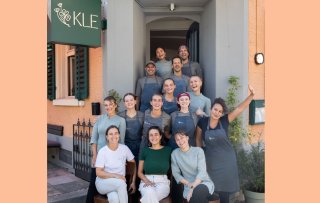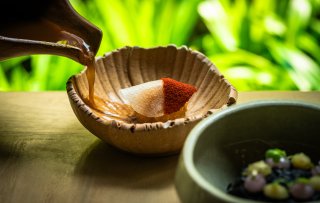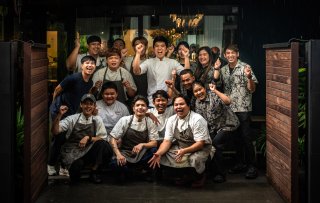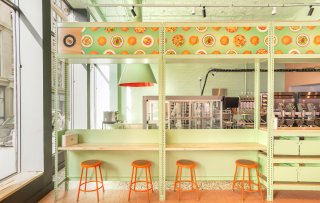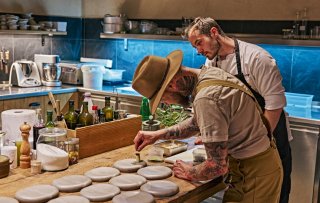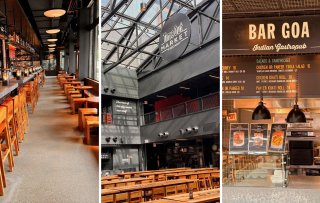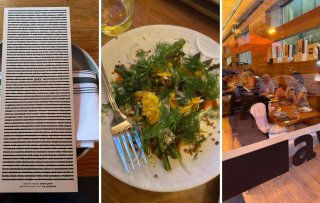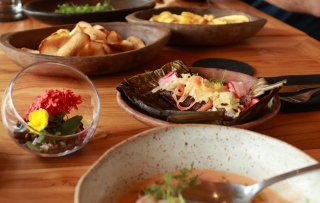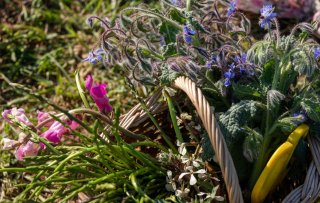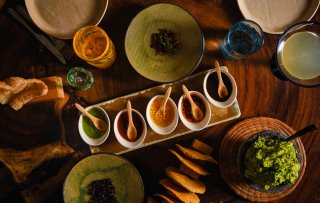Luxury hotels, skyscrapers, gold leaf sushi and caviar: these are probably the first images that come to mind when people think of Dubai. And while the city is ofcourse bursting with opulent hotels, Michelin starred restaurants and international celebrity chefs, the food scene in Dubai also has a more authentic side. Think of restaurants and food concepts that celebrate Emirati and Middle Eastern cuisines.
While looking at the F&B industry in Dubai, its worth keeping in mind that the city was only officially founded in 1833, when the clan of the Bani Yas tribe led by Sheikh Maktoum bin Bui Al Maktoum settled in the area. At the time, Dubai was a small fishing and trading village on the shores of the Persian Gulf. The city only took its current shape in the mid-1960s, when oil was discovered.
Arabian Tea House
Perhaps one of the oldest and best-known establishments highlighting the authentic food culture of the Emirates is Arabian Tea House. Its first establishment is located in Fahidi, the city's old historic centre. Ali Al Rais of Arabian Tea House is among the original inhabitants of Dubai and a true Emirati. Together with his wife, he started the restaurant in 1997, when there were only a few catering establishments with a focus on Dubai's ‘own’ identity. The aim was to convey Emirati culture to new residents and tourists by serving dishes that Emirati make at home.
The menu at Arabian Tea House includes more than 100 different teas and several varieties of Arabic coffee. To eat, there are many rice dishes with a lot of spices served with fish and meat kebabs from the charcoal grill. A recommended speciality includes regag bread, drizzled with honey and stuffed with egg and cheese. But perhaps Arabian Tea House is best known for their traditional Emiratibreakfast, where large platters of Balaleet (vermicelli cooked with cardamom, cinnamon and saffron, served with an omelet), dates, sheep's cheese, beans, watermelon jam, fava beans and tahini are served with a variety of traditional freshly baked flatbreads.
The interior at Arabian Tea House is also based on authentic Emirati homes. The restaurant's courtyard features rattan chairs, turquoise and white benches and white cloths hang everywhere to create shade. Since Dubai as a city has grown tremendously in recent years, the tea house has expanded with new branches within the United Arab Emirates, there is also a branch in Egypt and one in Montenegro.
Berenjak
While large numbers of restaurants and chains with European cuisines are establishing themselves in Dubai, there are also an increasing number of concepts with a Middle Eastern slant that are doing well in the city. One example is the international concept Berenjak, which celebrates Persian cuisine. Iranian-British chef and entrepreneur Kian Samyani drew inspiration from traditional Iranian kebab shops and the dishes his mother used to put on the table at big family dinners when he was young.
‘Iranian culture and cuisine have always played a big role in the United Arab Emirates (UAE), due to the good trade relationship between the two territories,’ says Clementine Martini, Senior Manager, Global Campaigns at Dubai Tourism.
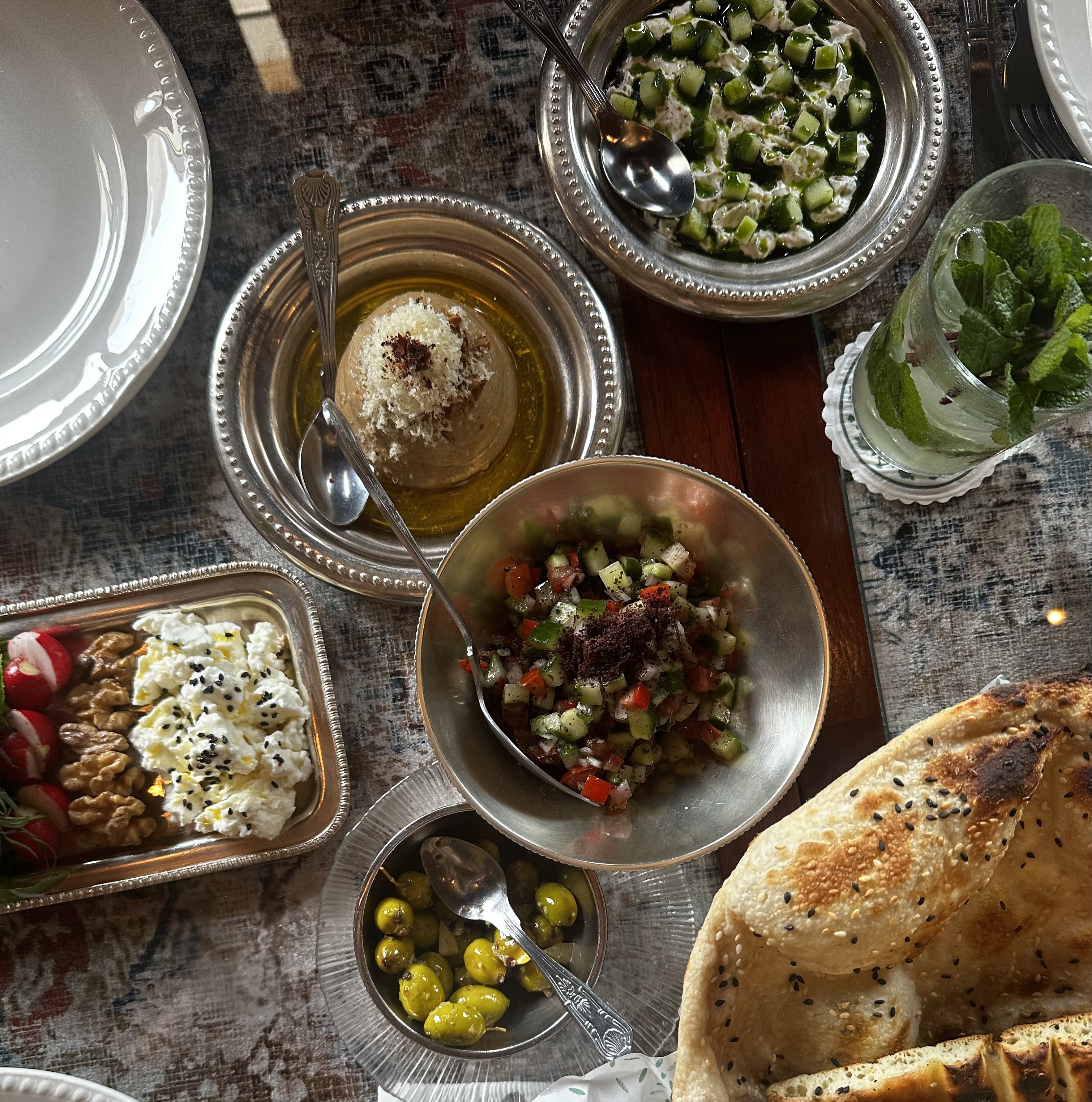
The first Berjenjak location opened in 2018 in London's Soho and was awarded a Bib Gourmand by Michelin in 2019. A second case in London at Borough Market followed in 2022 and a third location opened in Dubai last year. The latter was also awarded a Bib Gourmand in Michelin's third Dubai guide last week.
At Berenjak, the menu revolves around sharing food. Guests are advised to order multiple dishes to create a festively full table with several mezze, followed by kebabs. Berenjak's kitchens are equipped with charcoal grills to add flavor to different dishes in an authentic way.
On the menu, you will find Persian classics served as hot and cold mezzes. Think hummus e khanegi: black chickpeas, tahini and walnuts, or mast o khiar: yoghurt and cucumber, or a dish like mirza ghasemi: cooked aubergine, garlic and tomato. After the mezze courses, guests move on to various charcoal-grilled kebabs, which are served with vegetables and various herbs and spices.
Arabic coffee
People who want to learn more about the customs surrounding Arabic coffee, can check out Medina Ilyas, an Arabic coffee connoisseur who spent the past 15 years collecting recipes and stories around Arabic coffee culture. Ilyas traveled with several Bedouin communities: from Oman to Abu Dhabi and Riyadh. Ilyas conducts ceremonies and demonstrations to keep the heritage alive.
“What makes Arabic coffee special is its complexity and the different flavours. Each tribe, family and region has its own version and adds its own variety of spices to the coffee: think saffron and cardamom or rose petals.” Besides giving demonstrations, Ilyas also has her own Arabic coffee brand with different blends and flavors. Her coffee is also served at the Four Seasons, Jumeirah in Dubai.
Sheikh Mohammed bin Rashid Al Maktoum Centre for Cultural Understanding
To give tourists and expats a better understanding of Emirati culture, the United Arab Emirates (UAE) government launched a special information center in the historic Al Fahidi district: the Sheikh Mohammed bin Rashid Al Maktoum Centre for Cultural Understanding. It provides education, workshops and tours of the city. Visitors there can also learn about authentic tastes and eating habits of the original Bedouins. For instance, traditional sessions are organized around Arabic coffee from the dallah pot in small finjaan cups.
 Written by
Written by 